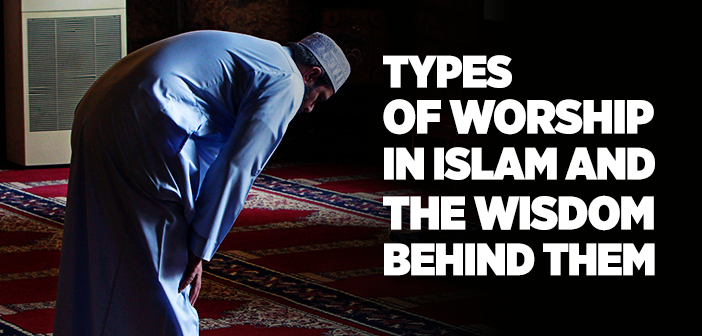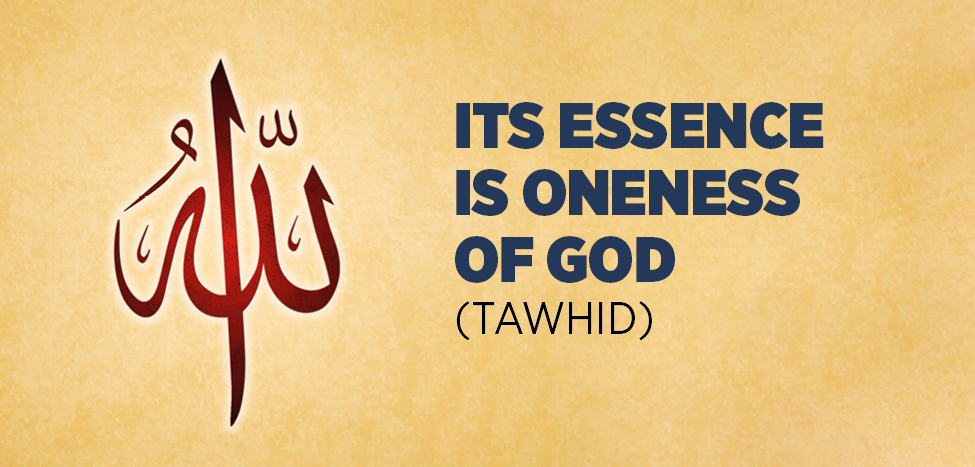What are the types of worship in islam? What is worship according to islam?
So far, we have briefly discussed Allah’s existence, His attributes, how He created human beings with great care in the best form, the fact that He gave them the highest importance in the scheme of creation, and that He provided them with the most opportunities and bounties. Given this, is it possible any more to contemplate that human beings have no duty in this world of existence and no responsibilities towards anything? Can we think that the duties and the situation of one endowed with human intelligence are morally no different from those of animals or non-intelligent beings? How can we think that a human being created like this is circling in the loop of eating, drinking, marrying, and reproducing, then, after a span of time, throwing himself into nothingness to be swallowed by death? God Almighty says in the Noble Quran:
“I have only created jinns and men, that they may serve Me.” (Adh-Dhariyat (The Scatterers), 51:56)
“And serve your Lord until there comes unto you the Hour that is Certain.” (Al-Hijr, 15:99)
Worship means fulfilling the duties of being a subject, obedience and surrender. With its broader meaning, it is all of a human being’s acts, words, emotions and thoughts while he is trying to live in compliance with the wishes of his Lord. Worship is an expression of thanks that must be extended as a result of the rights of Allah that are due on His subjects in the wake of the bounties Allah has granted.
The acts of worship that are performed are in fact to the benefit of the person who performs them. This is because worship saves people from being overwhelmed with the material, and elevates their aspirations and outlooks to higher aims. Worship expands a human being’s horizon.
Moreoever, worship is not solely for the hereafter. In addition to its spiritual benefits, worship has physical benefits as well. This is because Islam is a complete system that does not ignore any of the human fields of activity but addresses all aspects of life. Similarly, Islam also establishes harmonious unity between the fields of activity of human beings. For this reason, while worldly acts that comply with divine commands earn the divine rewards of worship, in addition, worship itself has many material and physical benefits. While some of the wisdom and subtleties in these can be understood by the human intellect, most cannot be grasped by it. In any case, the essence in worship is to perform our duties with purity as subjects of Allah, not to obtain worldly benefits. However, for the sake of motivation, we would like to talk about the worldly benefits worship brings us.
Source: Dr. Murat Kaya,The Final Divine Religion: ISLAM





